MY STORY
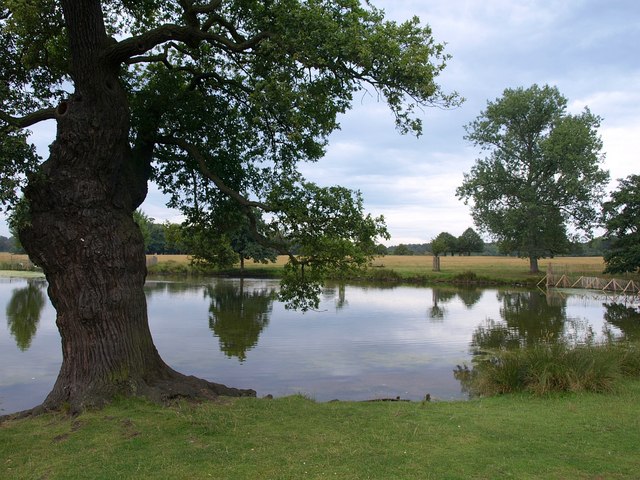
In the 1950’s I was a young lad growing up in Richmond in Surrey. Once when I was on the way to school I looked up to see a stag beetle flying above me. What a magical moment! My playground was Richmond Park and some of my first memories of animals were there. The ponds were full of tadpoles, newts and beautiful sticklebacks with red throats and blue flanks. Not far from the park, were there really red squirrels in Richmond Terrace Gardens?
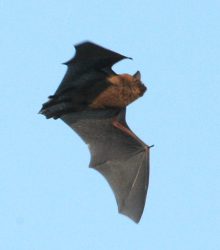
Somewhere in Surrey I remember standing by a lake one evening. There were swarms of bats feeding on the insect’s flying over the water. If a pebble was thrown into the air a bat would follow it down for a moment or two. Not far from there was a sand martin colony that nested in a bank. There were frogs and toads and water voles, there were slow worms and incredible glow worms.
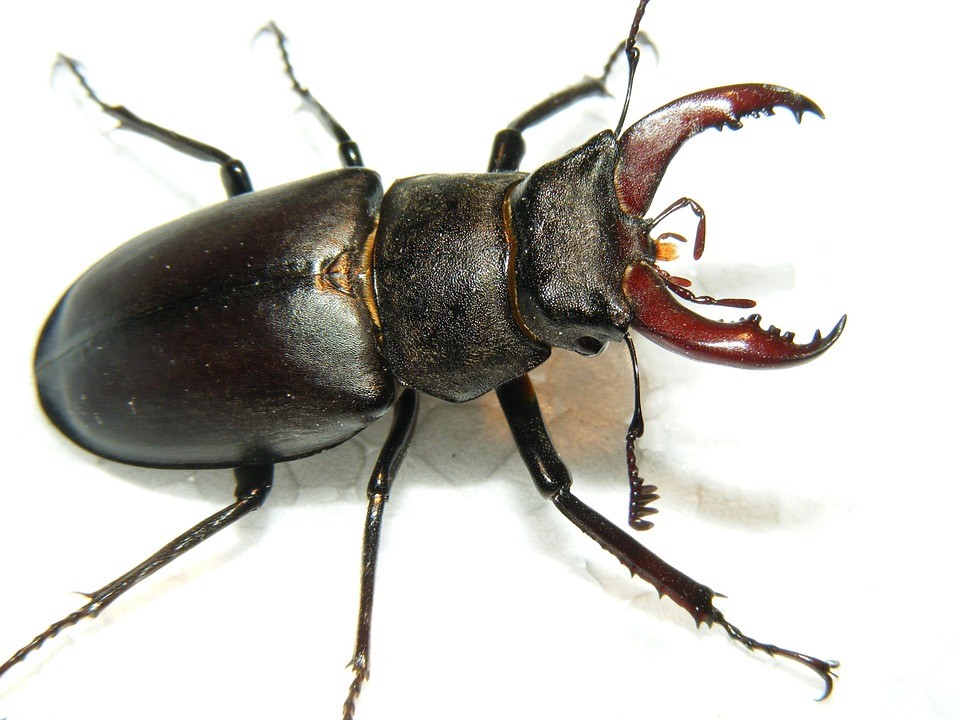
Until a few years ago there were hedge hogs and rabbits galore. Nowadays, while red kites, buzzards and even ravens are turning up – there are so many losses with 40% of British wildlife under threat. Hedgehogs, rabbits, water voles and even cuckoos are becoming a rarity.
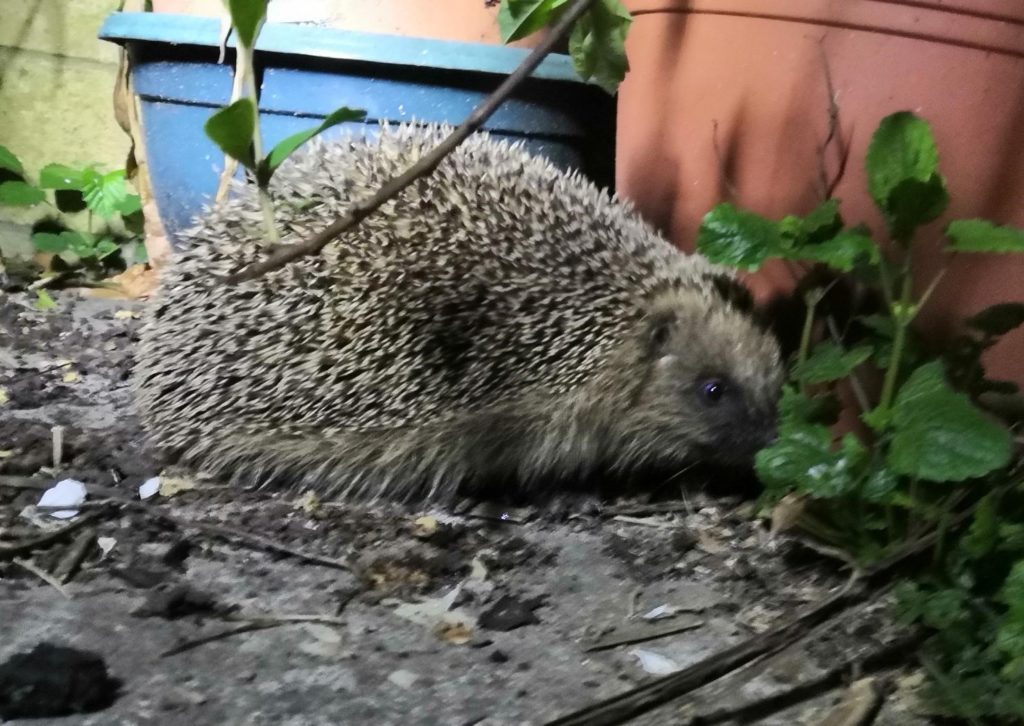
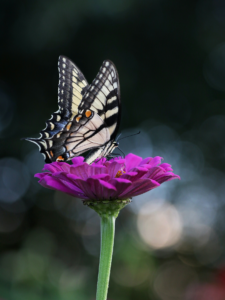
Insect numbers have fallen off a cliff and we need them to pollinate our crops. They are food for amphibians, bats, swifts and swallows, wood peckers, cuckoos and even fish. So without insects, much of our wildlife is in trouble.
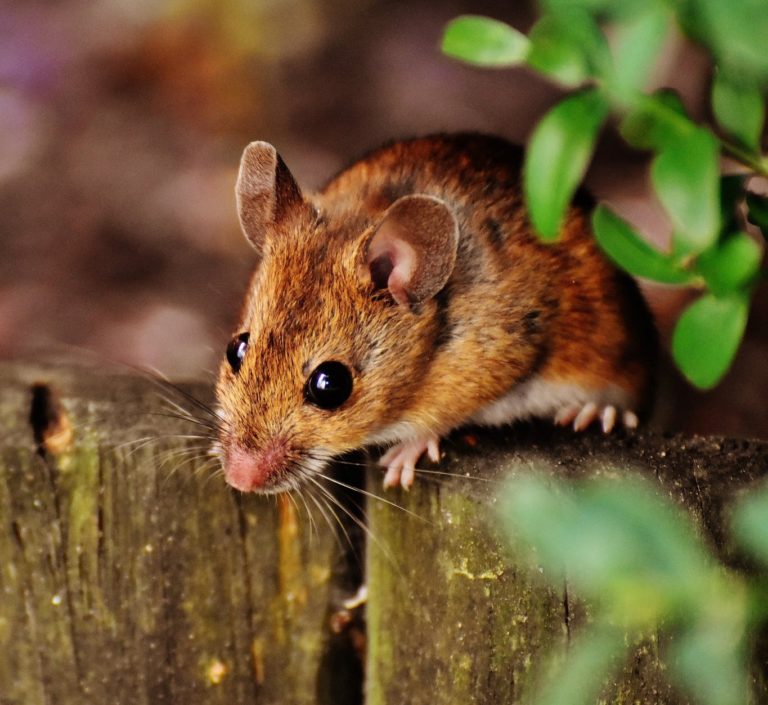
Diversity loss in Britain is the worst in Western Europe and in the bottom 10% of the world (Natural History Museum 2021). England’s rivers, lakes and streams are among worst in Europe for sewage and farm pollution (The Rivers Trust 2020)We need our wildlife back and we must act to get our wildlife back. So, before it’s too late, how do we get our wildlife back?
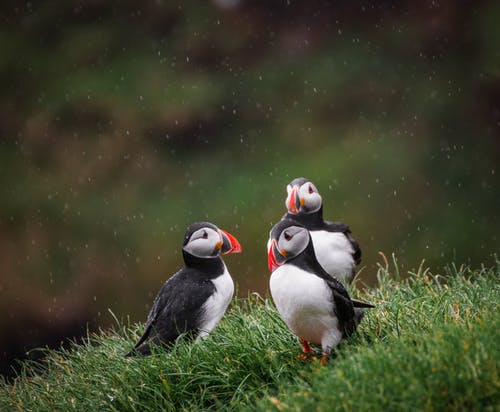
Climate change is likely to make things even worse so nature needs a helping hand. Small changes by us can make big changes to nature. Take a look at this amazing video opposite:
No – we don’t have to introduce wolves into the UK! Even so we are already using beavers to help with flood mitigation.
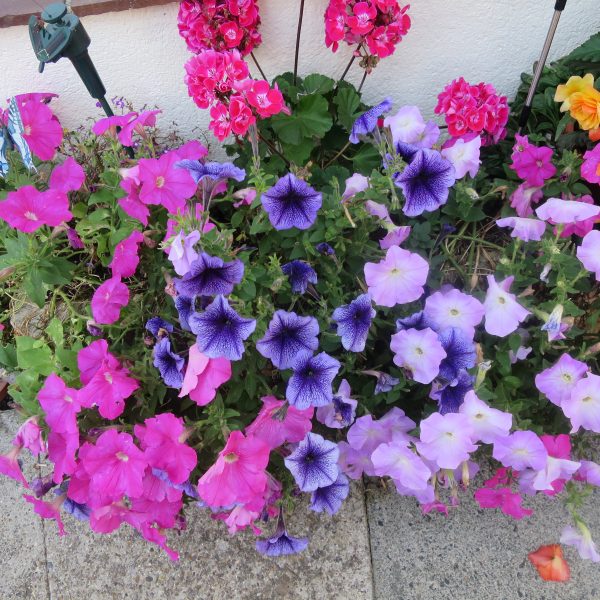
How you can help There are small changes that you can do to help make big differences to wildlife. Grow stuff including flowers, even in a window box or on a balcony. Put up a nest box or a bug house. If you have a garden, make hedgehog holes in fences and have a wild patch with a log pile. See our A – Z: B and I on beetles and insects.
Farmers can help by planting flower strips in crop fields, restoring hedgerows and keeping slurry and sprays away from rivers.
Let’s make British wildlife great again!